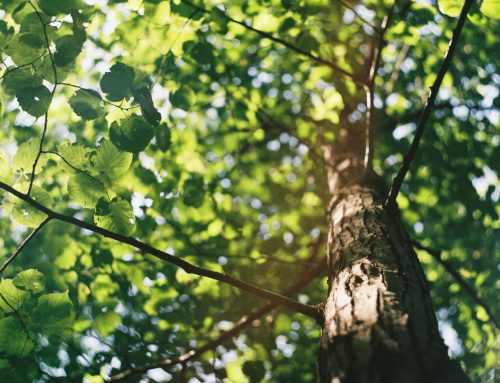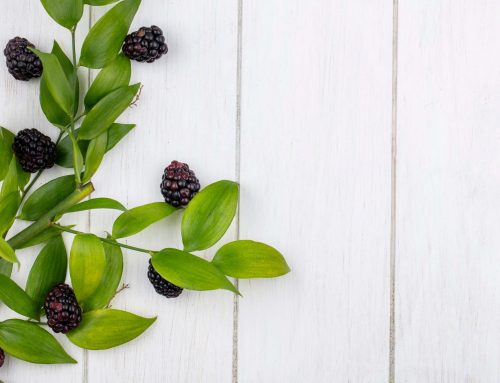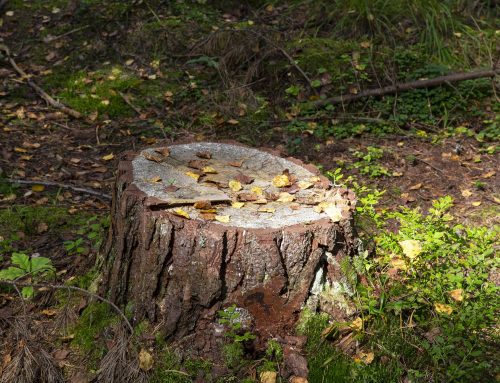Fruitless olive trees (Olea europaea) are gaining popularity in landscaping for their elegant appearance and low maintenance. If you’re considering adding these trees to your garden, here’s a guide to help you understand what they are, how to care for them, and what to watch out for.
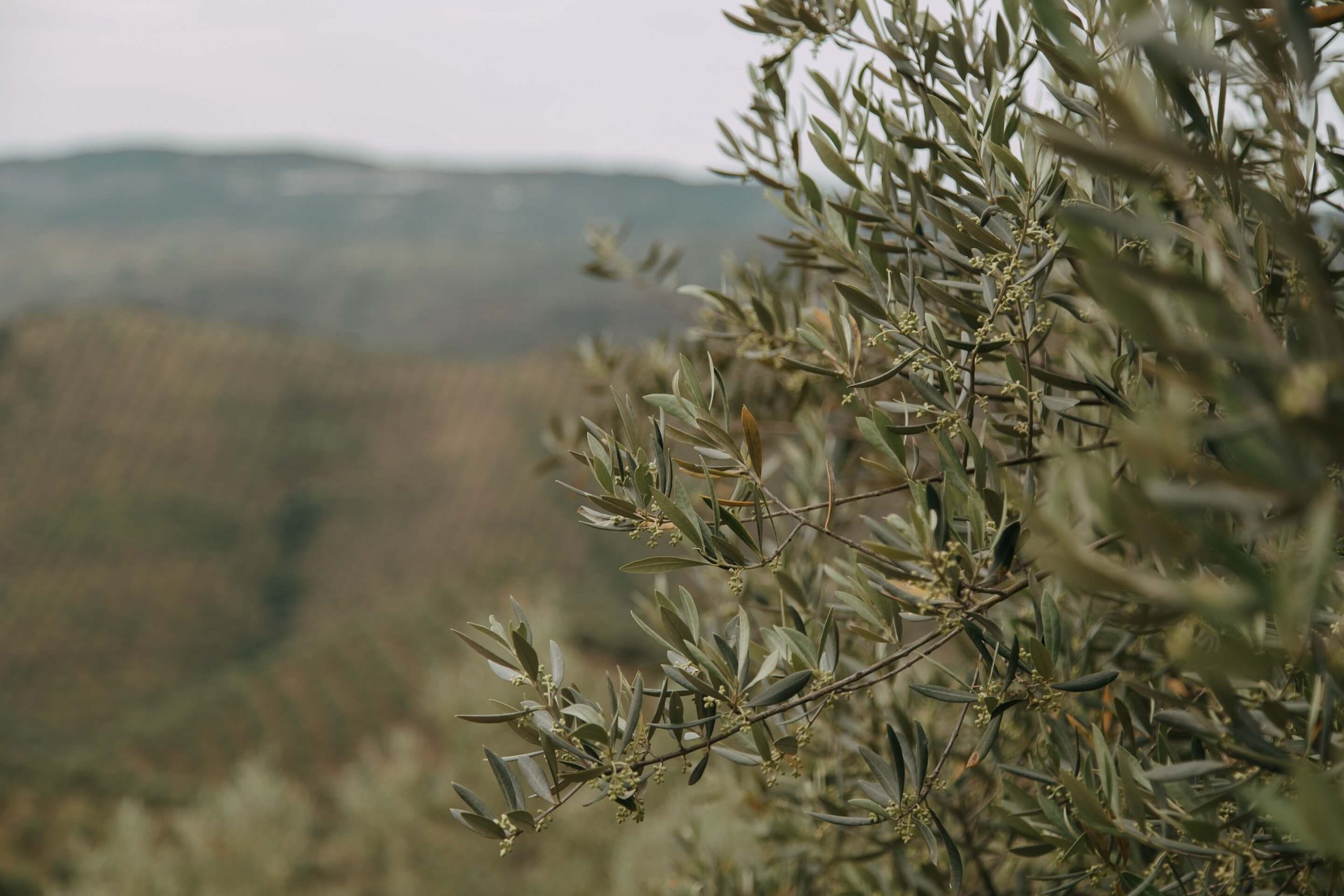
Understanding Fruitless Olive Trees
Fruitless olive trees, as the name suggests, are varieties of olive trees that do not produce fruit. This makes them an excellent choice for those who want the aesthetic appeal of olive trees without dealing with the mess of fallen olives. These trees are known for their silvery-green leaves and graceful, twisted trunks, creating a Mediterranean charm in any landscape.
Choosing the Right Variety
When selecting a fruitless olive tree, consider the specific variety. Some popular choices include ‘Swan Hill’ and ‘Wilsonii.’ These varieties are sterile, ensuring they won’t produce olives. Additionally, they are well-suited for Florida’s climate, providing you with a resilient and visually pleasing addition to your garden.
Optimal Growing Conditions
Fruitless olive trees thrive in well-draining soil and prefer full sunlight. Ensure the soil is not waterlogged, as they are susceptible to root rot. In Florida, these trees can withstand the heat but might benefit from a bit of shade during the hottest part of the day, especially in the summer.
Size and Pruning
These trees can reach varying heights depending on the specific variety and growing conditions. On average, they can grow between 20 to 30 feet tall. Regular pruning is essential to maintain their shape and size. Prune your fruitless olive tree during late winter or early spring to remove any dead or crossing branches. This not only enhances their appearance but also promotes air circulation.
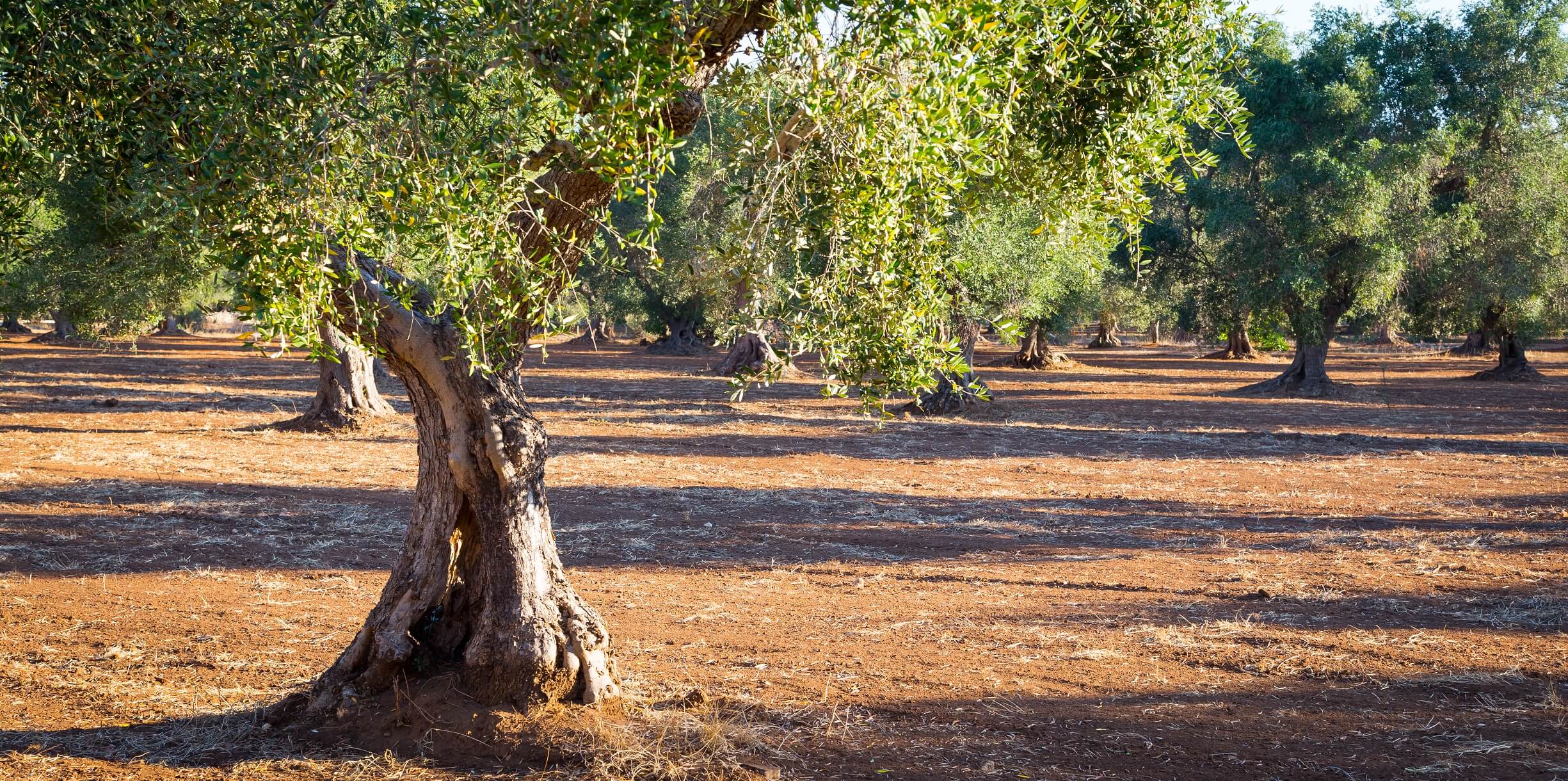
Caring for Your Olive Tree
Like any tree, proper care is crucial for the well-being of fruitless olive trees. Regular watering, especially during dry periods, is essential for young trees. Once established, they are relatively drought-tolerant. Fertilize your tree in the spring with a balanced fertilizer to support healthy growth.
Pests and Diseases
While fruitless olive trees are generally hardy, they can be susceptible to pests and diseases. Keep an eye out for scale insects and aphids, which can be addressed with insecticidal soap or neem oil. Ensure good air circulation around the tree to prevent fungal issues.
Fruitless olive trees can be a striking addition to your Florida landscape, offering beauty without the hassle of fruit maintenance. If you’re ready to transform your outdoor space with these elegant trees, consider consulting a professional landscaping company. They can provide expert advice on variety selection, optimal planting locations, and ongoing care.
Transform your garden into a Mediterranean oasis with the timeless beauty of fruitless olive trees. Contact Cutters Edge today for personalized guidance and professional services. Let’s create a stunning landscape together! Remember, a well-maintained garden enhances the overall appeal of your property. Happy gardening!

